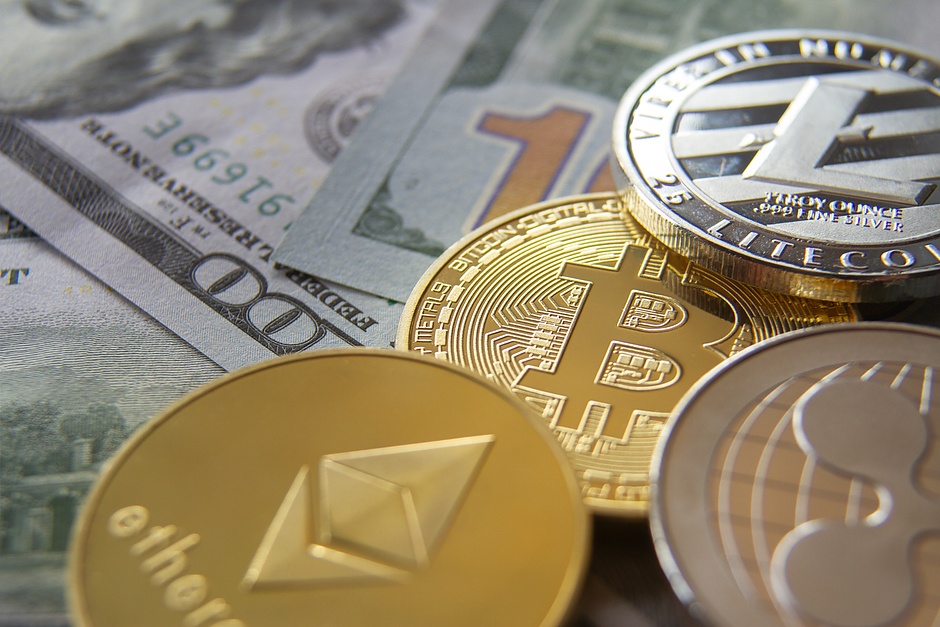Governments and central banks around the world want to gain control over your cryptos
- The global regulators are working on a unified framework on CBDC.
- The central banks are wary of security risks and too much privacy.
- Most regulators won't accept private money as a valid means of payment.

Finance ministers and central bank governors from the 20 world's largest economies are working with the International Monetary Fund (IMF), the World Bank, and the Bank for International Settlements (BIS) on the rules and procedures of integrating central bank digital currencies (CBDC) in the existing banking systems, according to the recent report published by G20.
The authorities plan to have a comprehensive regulatory framework by the end of 2020. Apart from that, the global institutions are working on the possible design and experimenting with the technologies of CBDC.
CBDC is a tricky business
It is widely agreed that CBDC systems should be compatible with legacy financial technologies, be able to process high volumes of transactions, comply with regulatory and monitoring standards, and be resistant to cybersecurity threats.
Most of the top countries agree that digital payments are a step forward that can improve efficiency and financial inclusion. However, the new payment system should comply with various requirements, including customer protection, cybersecurity, stability, and privacy.
The authorities are sure that stablecoins require supervision to prevent their illegal usage and avoid interference with market integrity, governance, and legal certainty.
"The G7 continues to maintain that no global stablecoin project should begin operation until it adequately addresses relevant legal, regulatory, and oversight requirements through appropriate design and by adhering to applicable standards," the draft statement said.
Apart from that, the G7 leaders are concerned with the rising threat of ransomware attacks, where the criminals require payments in cryptocurrencies.
"These attacks, which often involve payments in crypto-assets, jeopardize essential functions along with our collective security and prosperity. We affirm our resolve to combat this threat collectively as well as individually," the draft said.
Notably, the US Department of Justice published a report on the risks related to end-to-end encryption. The authority urged the companies to provide monitoring tools to prevent illegal activities.
In April, the G20's Financial Stability Board (FSB) issued ten recommendations for regulating stablecoins pegged to fiat currencies or a basket of assets. Since that time, nearly all members of G7 initiated research to explore the risks and benefits of the central bank-issued digital currencies (CBDC).
Crypto is ok, as long as it is hooked
The authorities are ready to embrace crypto as long as they can keep it under control. The majority of the global regulators admitted that they do not consider the cryptocurrencies as valid money.
Thus, the financial leaders of the seven biggest economies will oppose Facebook's stablecoin Libra until it is regulated, according to the draft statement revealed by Reuters.
Bank of England is experimenting with the digital pound and looking into creating CBDC. However, the decentralized cryptocurrencies are still a no-no for the British authorities.
Andrew Bailey, the Bank of England Governor, confirmed his skeptical attitude towards Bitcoin and pointed out that it was not a valid means of payment as it has no intrinsic value, while its price is extremely volatile.
"I have to be honest; it is hard to see that Bitcoin has what we tend to call intrinsic value. It may have extrinsic value in the sense that people want it," he said during a BoE question and answer session.
Earlier this month, the European Central Bank confirmed the imminence of moving to digital euro. According to the head of the ECB, Christine Lagarde, the new form of money would complement fiat and increase the existing payment system's efficiency.
At the same time, Lagarde emphasized that the digital euro would not function as a cryptocurrency as it will be totally controlled by the regulator.
The same position was recently aired by the Bank of Japan, and the Bank of Canada, where the experts believe that the risks might outweigh the benefits at this stage.
Author

Tanya Abrosimova
Independent Analyst




